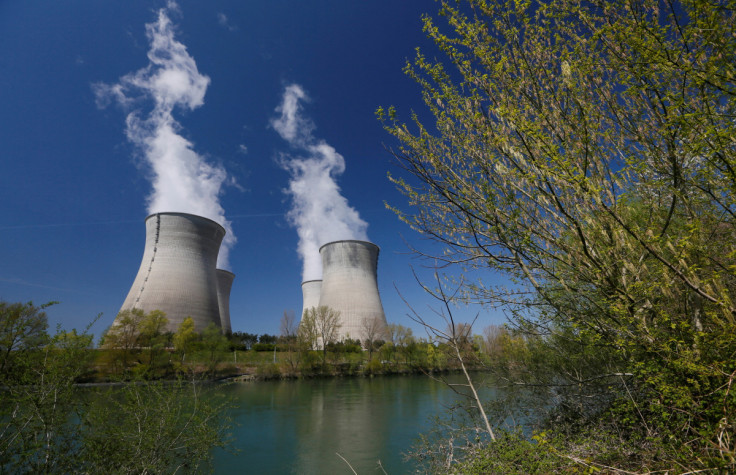France To Build 14 New Nuclear Power Plants By 2050

The French government plans to build eight additional new nuclear power plants, according to a draft law soon to be presented to the French Parliament, bringing the total number of new nuclear facilities to be constructed in the country by 2050 to 14. The measure is scheduled for debate in late January.
France has 57 nuclear power reactors active or under construction; it has the third-highest nuclear fission power capacity of any country, behind only the U.S. and China. Nuclear energy accounts for over 67% of France's electricity generation, as of 2021, and is poised to remain a key part of its energy mix in the decades to come as the country transitions away from carbon-intensive energy sources.
"We will need nuclear power beyond the six first [planned reactors]," Energy Minister Agnès Pannier-Runacher told French newspaper Tribune Dimanche on Sunday. "The historic nuclear fleet will not last forever."
The construction of an additional 14 nuclear reactors, the location of which have not yet been determined, would equate to roughly 13 gigawatts (GW) in added capacity -- vital to weaning the French power sector off of fuel oil and natural gas, as Pannier-Runacher argues.
Pannier-Runacher suggested to Tribune Dimanche that plans to build even more than 14 new nuclear reactors could be agreed to, depending on the results of negotiations with lawmakers.
The French government under Prime Minister Emmanuel Macron has changed its long-term policy on nuclear energy since November 2018, when it planned to shutter 14 aging reactors by 2035. Five years later, the government has extended the lifespan of its existing reactor fleet, and now plans to boost its footprint by 25%
Pannier-Runacher did not comment on the issue of managing the additional radioactive waste generated by the 14 new reactors. In December, an analysis by France's National Agency for the Management of Radioactive Waste found that the introduction of six new reactors would result in an increase in high-level radioactive waste of 11%-16%.
The proposed law contains text describing the benefits of "the sustainable choice of using nuclear energy as a competitive and carbon-free." The energy bill does not contain any mention of renewable energy sources, including wind and solar power.
"This is an extremely significant step backwards, and totally inconsistent with European objectives," Anne Bringault, energy transition manager of the Climate Action Network told AFP on Tuesday.
Nuclear fission power is at the forefront of the debate surrounding the green energy transition. Its advocates point to near-zero carbon emissions and its ability to provide baseload power levels; its critics point to concerns about uranium mining and radioactive waste disposal practices.
At COP28 in Dubai last month, France joined the US, UK, Sweden, Finland and South Korea in calling for the world to triple the capacity of nuclear power by 2050.
© Copyright IBTimes 2025. All rights reserved.






















